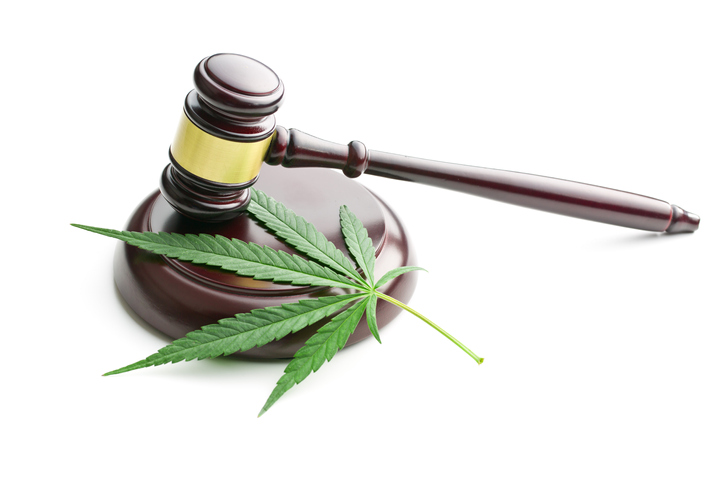The marijuana industry remains in a difficult position when it comes to the federal tax implications for those involved in that industry. There is more detail here regarding the tax trap facing the marijuana industry.
The United States Tax Court (Court) issued a decision in Patients Mutual Assistance Collective Corp., et al. v. Comm’r of Internal Revenue Service, 151 T.C. No. 11 (2018) denying the taxpayer’s deductions for ordinary and necessary business expenses and costs of goods sold (COGS). In this case, the taxpayer was a medical marijuana dispensary in California.
For most businesses, ordinary and necessary expenses paid or incurred in the corresponding tax year, may be deducted from the business’s gross income. This principle is detailed in Internal Revenue Code (I.R.C.) 162.
However, pursuant to I.R.C. 280E, no deduction or credit is allowed if the corresponding business involves the trafficking of controlled substances. Despite the cascade of states that have legalized the sale of marijuana, it remains a controlled substance in the eyes of the federal government.
In addition, four years after the enactment of I.R.C. 280E, the uniform capitalization rules were added to I.R.C. 263A. Pursuant to I.R.C. 263A(a), resellers have to treat direct costs of property purchased or produced as inventoriable costs, i.e., COGS. I.R.C. 263A(a)(2) provides that any cost that could not be taken into account when computing taxable income could not be treated as a cost for purposes of calculating COGS pursuant to I.R.C. 263A. In spite of this language, previous Court decisions held that taxpayers who sold marijuana were allowed COGS pursuant to I.R.C. 263A on their tax returns.
In line with previous Court decisions, the Patients Court disallowed the ordinary and necessary business expenses that Patients deducted pursuant to I.R.C. 162. This was not a surprise.
There were two new developments in the Patients holding. First, the Court did not allow the taxpayer to attempt to allocate its business activities between non-drug related activities and drug-related activities like the taxpayer had in the CHAMP v. Comm’r of Internal Revenue Service, , 128 T.C. No. 14 (2007)decision. Instead, all of Patients’s ordinary and necessary business expenses were disallowed, regardless of whether those expenses related to non-drug related activities or drug-related activities.
Second, the Court held that Patients’s COGS pursuant to I.R.C. 263A would also be disallowed because of the language in I.R.C. 263A(a)(2). The Court reasoned that the capitalization rules do not apply to drug traffickers and, because marijuana is still considered a controlled substance, the COGS could not be capitalized when normal expenses relating to income were disallowed pursuant to I.R.C. 280E. Instead, the Patients Court held that the taxpayer must use the less favorable I.R.C. 471 to calculate its COGS.
The holding in Patients will certainly impact those taxpayers operating in the marijuana industry. Previous decisions had allowed taxpayers to include COGS pursuant to I.R.C. 263A even though ordinary and necessary expenses were disallowed. Now that the Court has disallowed that COGS calculation, the taxable income for those participating in this industry just got significantly higher.
Until the federal government removes marijuana from its list of controlled substances, this very serious tax trap is going to keep these businesses in a constant state of limbo. Sales may be good and profits may be high, but the federal government is lurking with a proposed assessment that could very well close the business. For this reason, it is critical that taxpayers are careful about how their operations are organized to ensure that, if the Internal Revenue Service makes an assessment, the taxpayer can close those operations with minimal business risk.

